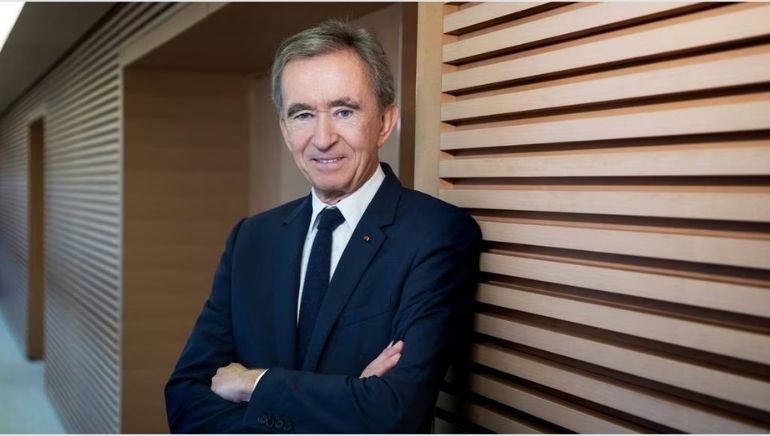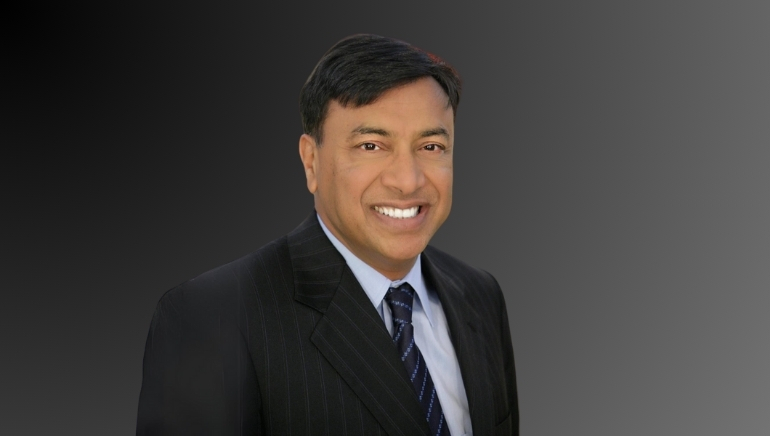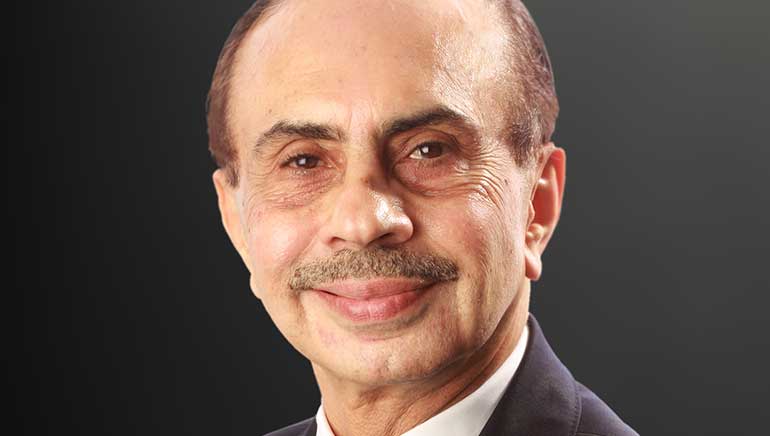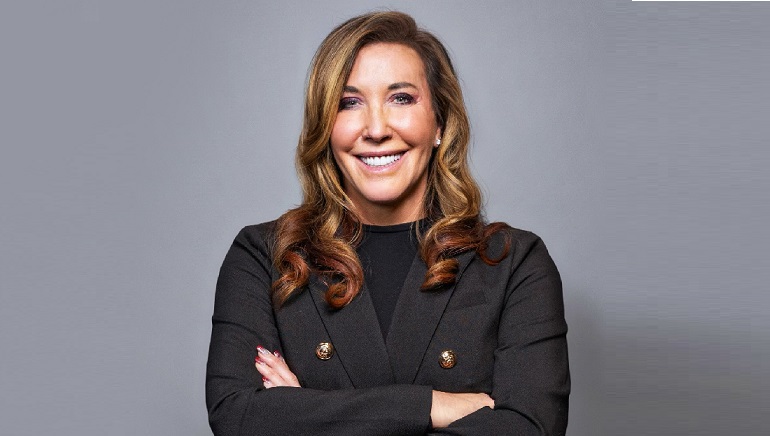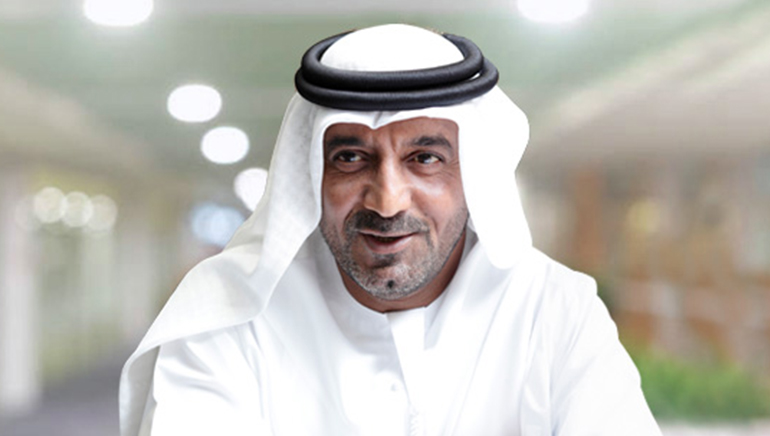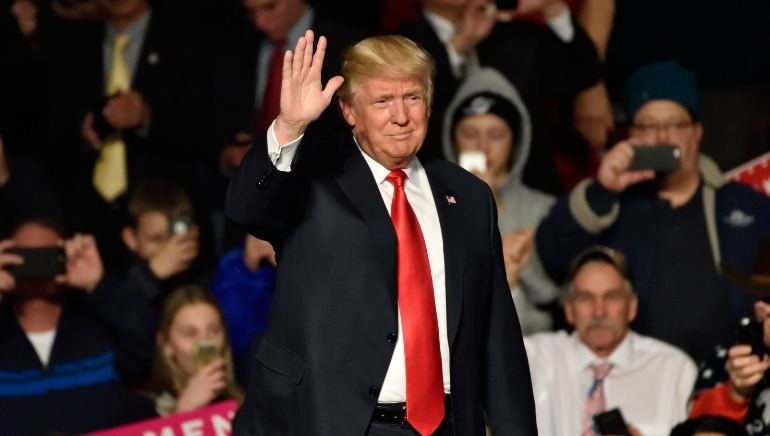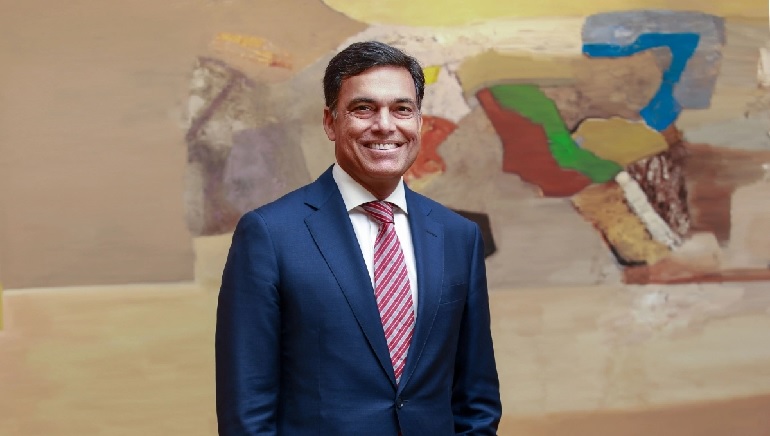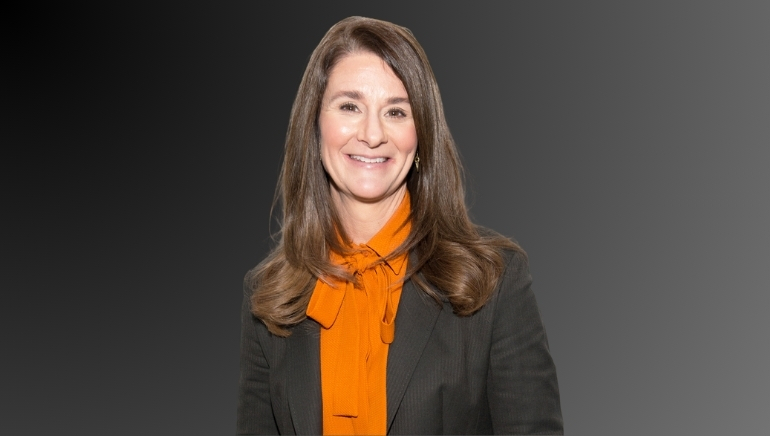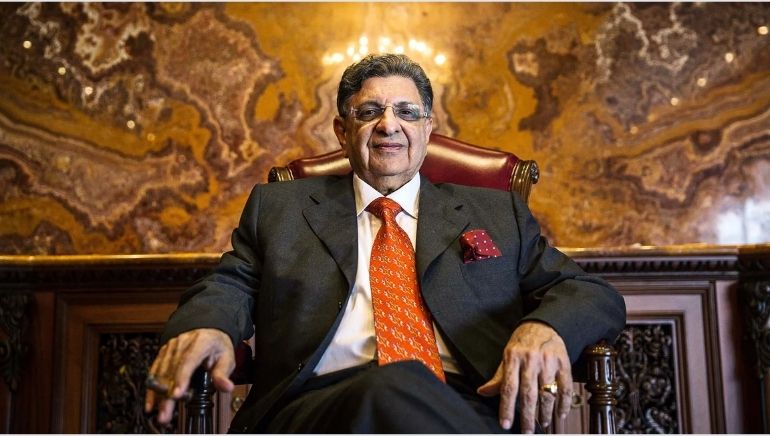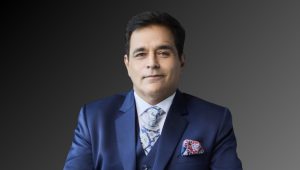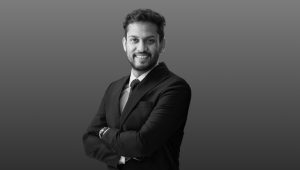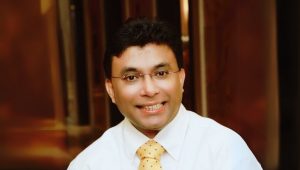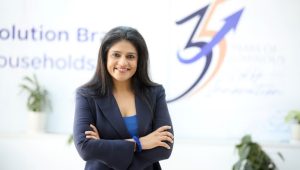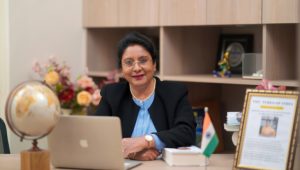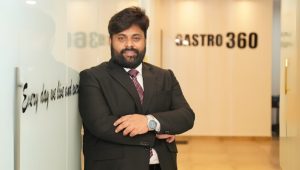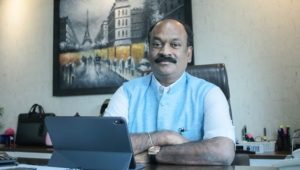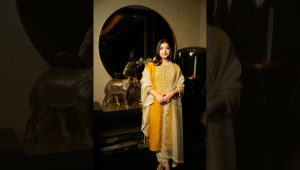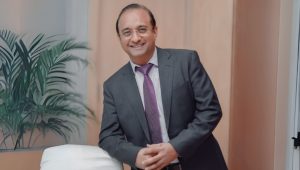In the world of luxury fashion and retail, few names command as much respect and admiration as Bernard Arnault. As the Chairman and CEO of LVMH Moët Hennessy Louis Vuitton, Arnault has not only solidified his position as one of the most influential figures in the industry, but has also left an indelible mark on the global business landscape. Beginning from a small town in France to becoming a self-made billionaire and a revolutionary force in the luxury industry, Arnault demonstrates the power of relentless pursuit of excellence, commitment to innovation, and global vision
In the annals of business history, the story of Bernard Arnault stands as a testament to the power of vision, innovation, and relentless determination. He is the Chairman and Chief Executive of LVMH, which owns Louis Vuitton, Christian Dior and Moët & Chandon champagne. The company’s shares have shot up by more than 150% in the past three years, hitting a new high of €853 in April 2023. The rise helped Arnault and his family witness an estimated peak net worth of US$240.7 billion, making him the richest person in the world at the time. The 74-year-old then became only the third person in history – after Tesla’s Elon Musk and Amazon’s Jeff Bezos – to have hit the milestone of amassing an estimated fortune above $200 billion. In 2022, LVMH achieved record sales of €79.2 billion, and has begun a €1.5 billion share buyback programme, which has helped further lift the share price.
EARLY LIFE AND AMBITION
However, there is more to Arnault than his stupendous wealth. Born in Roubaix, France, in 1949, he emerged from humble beginnings to become a self-made billionaire who not only transformed his life, but also revolutionised the entire luxury industry. His journey to the pinnacle of the luxury industry began with a keen interest in entrepreneurship and a burning ambition to succeed.
Arnault attended the prestigious École Polytechnique and École des Hautes Études Commerciales in France, acquiring a solid educational foundation in engineering and business management. This academic rigour would serve as the foundation for his future success. His early career saw him working for his family’s construction and real estate business, Ferret-Savinel. However, it was his acquisition of Boussac, a textile company in financial distress that marked the turning point in his career. At just 34 years old, the young leader displayed his entrepreneurial acumen by reviving the struggling firm, laying the groundwork for his ascent in the business world.
THE BIRTH OF LVMH
The defining moment in Arnault’s career came in 1989 when he engineered the takeover of Moët Hennessy Louis Vuitton (LVMH). Recognising the immense potential of the luxury market, he embarked on a mission to consolidate and redefine the industry. This bold move laid the foundation for the creation of the world’s largest luxury conglomerate.
Under Arnault’s leadership, LVMH acquired an impressive portfolio of iconic brands, including Louis Vuitton, Christian Dior, Givenchy, Fendi, and many others. His ability to identify and nurture talent, coupled with a commitment to preserving the unique identity of each brand, set LVMH apart as a leader in the luxury market.
Arnault’s visionary leadership style encouraged innovation and creativity within the conglomerate. He understood that luxury is not static; it evolves with the times. As a result, the leader championed collaborations with artists, designers, and even technology companies, taking LVMH to new heights, and pushing the boundaries of what luxury could be.
“BEYOND BUSINESS SUCCESS, BERNARD ARNAULT CHAMPIONED SUSTAINABILITY AND SOCIAL RESPONSIBILITY. HE COMMITTED LVMH TO ENVIRONMENT-FRIENDLY PRACTICES AND ETHICAL SOURCING, ALIGNING THE LUXURY INDUSTRY WITH CHANGING CONSUMER VALUES”
AHEAD OF THE CURVE
At the heart of Arnault’s leadership is his visionary approach. He has always been ahead of the curve, possessing an innate ability to spot opportunities and trends in the luxury market long before others. His foresight allowed him to acquire iconic brands such as Louis Vuitton, Christian Dior, and Moët & Chandon, transforming LVMH into a conglomerate that houses over 70 prestigious brands spanning fashion, cosmetics, jewellery, and more.
Arnault was among the first to recognise the potential of emerging markets, particularly China. He strategically positioned LVMH to capitalise on the rising affluence of consumers in these regions, solidifying its global dominance. His acquisitions and partnerships have strengthened LVMH’s presence in key markets worldwide. Its commitment to international growth has helped it become a truly global luxury powerhouse.
One of Arnault’s key leadership achievements is his ability to create synergy among LVMH’s diverse portfolio of brands. He has fostered collaboration and cross-pollination between brands, enabling them to share resources, expertise, and market insights. This synergy has increased the overall value of LVMH, and allowed each of its brands to thrive within the conglomerate.
COMMITTED TO CHANGE
Throughout his tenure, Arnault has faced numerous challenges, from economic downturns to global crises. However, his leadership has consistently demonstrated resilience and adaptability. His ability to pivot and make tough decisions has allowed LVMH to weather storms and emerge stronger from adversity. Today, his leadership is a testament to his visionary mindset, innovative spirit, and commitment to excellence.
Beyond business success, Arnault championed sustainability and social responsibility. He committed LVMH to environment-friendly practices and ethical sourcing, aligning the luxury
industry with changing consumer values. It sticks to sustainable practices, such as reducing carbon emissions and promoting ethical sourcing.





